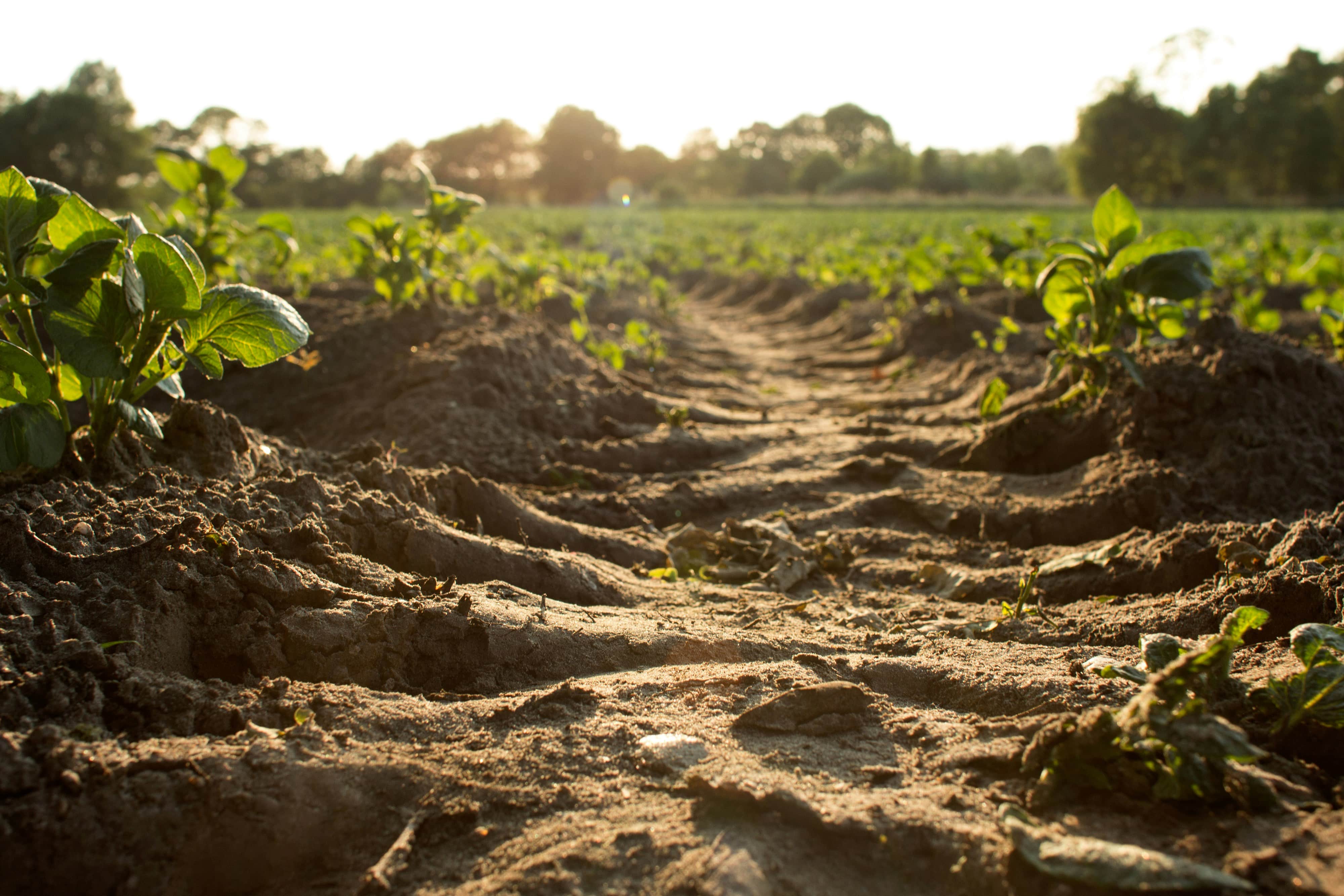Key Takeaways
- Globalization has increased the demand for agricultural products from specific regions, leading to intensive farming practices that deplete local soil phosphorus (P) reserves.
- The contribution of international trade to global soil-P deficits rose from 7% in 1970 to 18% in 2017, with non-food consumption driving 54% of this impact.
- Developing regions exported a net of 5.8 Mt P through agricultural trade, resulting in a net increase of 13 Mt soil-P deficits over 48 years.
- Soil-P deficits are concentrated in regions with low soil-P reserves, such as sub-Saharan Africa, Latin America, and Southeast Asia.
- The study emphasizes the need for global trade policies prioritizing national soil productivity to ensure long-term food security.
A comprehensive study by Niu et al. (2024) has highlighted the significant impact of globalization on soil phosphorus (P) depletion, with far-reaching implications for long-term food security. By examining global data on international trade and soil-P reserves from 1970 to 2017, the researchers provide critical insights into how intensive farming practices driven by global demand deplete essential soil nutrients in specific regions.
Rising Contribution of Trade to Soil Phosphorus Depletion
The study reveals a marked increase in the contribution of international trade to global soil-P deficits, rising from 7% in 1970 to 18% in 2017. Notably, non-food consumption accounted for 54% of this impact, underscoring the broad effects of trade beyond just food products.
Regional Disparities and Soil-P Depletion
Over the 48 years, developing regions exported a net of 5.8 million tonnes (Mt) of phosphorus through agricultural trade. This trade resulted in a net increase of 13 Mt in soil-P deficits, particularly affecting regions with already low soil-P reserves, such as sub-Saharan Africa, Latin America, and Southeast Asia. These areas face heightened risks of soil-P depletion, which poses severe long-term challenges for food security.
Implications for Global Trade Policies
The findings of Niu et al. underscore the necessity for a broader perspective on food security that goes beyond merely increasing food availability in the global market. Instead, the study advocates for global trade policies prioritizing maintaining and enhancing national soil productivity. By doing so, it is possible to mitigate the adverse effects of intensive farming practices and ensure sustainable food production.
Read the entire study here.


